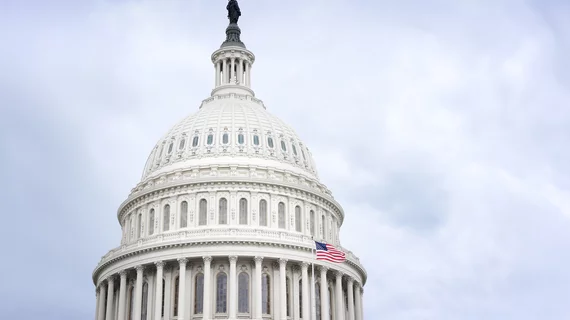Senate approves sweeping opioid bill
The Senate approved a major bill to tackle the opioid crisis with a nearly unanimous vote. The legislation passed 99-1 on Monday and aims to spend roughly $8 billion in expanded grants and targets funding for a variety of solutions, including treatment.
The bill, The Opioid Crisis Response Act of 2018, includes $4.7 billion that was included in the spending bill in March that will go toward the opioid crisis, while another $3.7 billion will likely be appropriated for fiscal year 2019.
The bill comes after policymakers have faced intense pressure to act on the opioid crisis, which claimed 72,000 lives in 2017 from overdoses. It will be reconciled with a House version of similar measures.
“A comprehensive crisis demands a comprehensive solution, and that’s exactly what this landmark legislation is,” U.S. Senate Majority Leader Mitch McConnell (R-Ky.) said in a statement.
The bill includes a number of provisions, including the STOP Act, which takes aim at fentanyl crossing the border. The flow of fentanyl—a highly-addictive and potent opioid painkiller—from Mexico has been a target of President Trump, as have opioid makers. The STOP Act requires the U.S. Postal Service to take steps to limit fentanyl flowing through U.S. mail.
The bill also supports transitional housing options for those in recovery, along with job training and placement services.
It further supports the development of non-addictive pain treatment options, which may not provide immediate relief to the crisis, but could aid in the long term.

